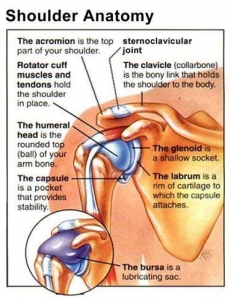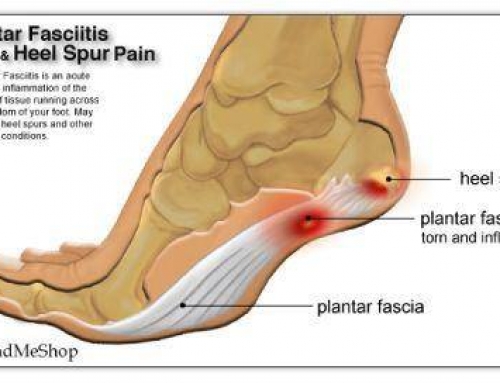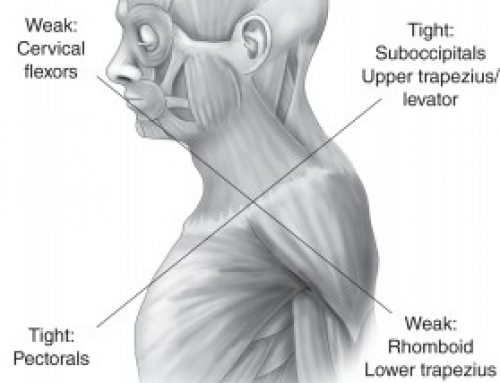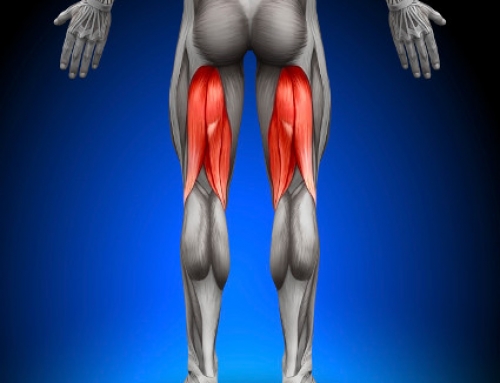The injuries of the shoulder joint that appear most frequently are those of tendonitis and supraspinatus tear. Rupture means interrupting the anatomical continuity of the tendon, treated with Shockwave Therapy.
The tears of the supraspinatus can be classified into acute, chronic or degenerative reference as the cause of injury and partial or complete reference as the extent of damage.
Usually breakage happens when an excessive force exerted on the tendon of the muscle. This can happen after:- a sudden or awkward movement lifting a heavy weight, fall with an outstretched hand, pulling with your hands or a possible dropping.
Sometimes it can happen over time through a repeated activity which charges the supraspinatus. This causes progressive weakness and degeneration of muscle that predispose further injury. These activities include movements in which the hand is higher than the shoulder. Athletes usually the supraspinatus rupture occurs in sports (discus, javelin), swimming, tennis, weightlifting and rowing.
SYMPTOMS
Patients with a torn supraspinatus shoulder experienced a sudden pain or a feeling of “schisimatos’ shoulder during the activity that caused it. In smaller tears (partial tear) may continue the activity by having only a few annoyances that will grow with rest (especially at night or the next morning). In many cases the pain is enough to prohibit the movement of the shoulder. The pain is very localized to a specific point of the shoulder and not scattered. More rarely pain may radiate to the shoulder, neck or arm. The pain is “sharp” with the movements of the shoulder. The supraspinatus rupture patients feel pain or weakness in lifting hand movements. The pain may get worse when lifting heavy objects(Especially on the head) during movements pressure or pulling when the patient lies on the injured shoulder. In some chronic cases of muscle weakness is evident as there nocturnal pain (regardless of the position of the shoulder). Patients with a partial tear of the supraspinatus shoulder experiencing few or none of the above symptoms.
Most supraspinatus ruptures of the shoulder treated with 3-4 Sessions of Shockwave Therapy. For more information on Shockwave Therapy have a look at our website www.energisetherapy.ie




